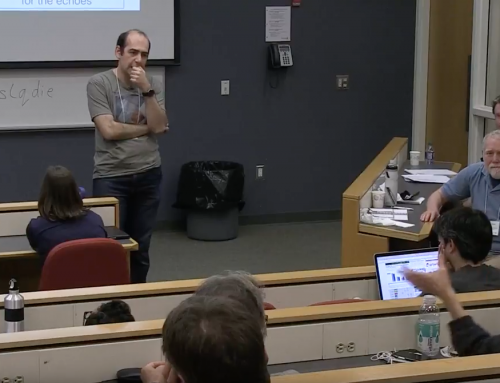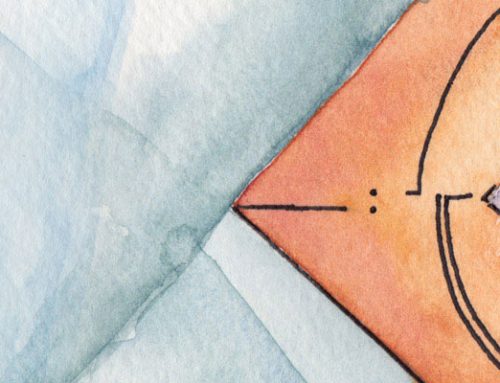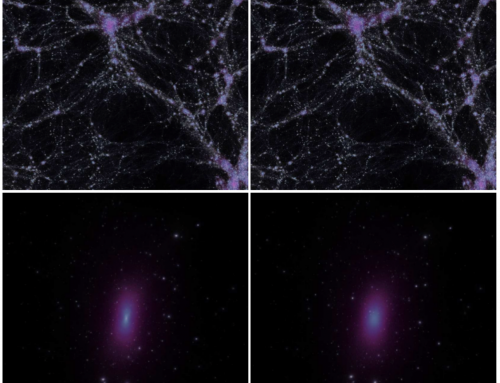About a month ago, I did a guest post over at New APPS that was prompted by philosophers’ responses to Neil de Grasse Tyson’s dismissive remarks about philosophy. Unsurprisingly, attitudes towards philosophy vary widely among physicists, and there are plenty of physicists who have a much more positive attitude towards philosophy. Some of them spend time going to conferences and workshops on the foundations of physics, which typically involve bringing philosophers and physicists together to talk about matters of mutual interest. I asked a few of these physicists to write a few words about why they regard talking to philosophers valuable.
I’ll be posting these over the next few days. First up: Sean Carroll . Coming up in the next few days: Carlo Rovelli, Lee Smolin, and Ivette Fuentes.
Here’s Sean’s response.
Physics and philosophy each have a number of different goals, but they both aspire to develop a more complete and comprehensive understanding of reality. Physicists, alas, sometimes casually disparage the idea that philosophy has any useful role to play in this quest – usually because they misunderstand what philosophy is, and what it is good for.
One common misunderstanding is that philosophy should be judged by how useful it is to working scientists. “I’ve never had to use philosophy in my own research,” the physicist thinks, and concludes that philosophy must therefore not be useful at all. And indeed, the vast majority of research in physics (or other sciences) putters along perfectly well without any philosophical input. If you want to calculate the temperature of some phase transition, or the scattering amplitude between two particles, your first move isn’t usually to call up your friendly neighborhood philosopher.
Note, however, that these tasks share a crucial property: they are completely well-defined. Philosophy doesn’t aim to make it easier to do calculations, but it does aim to clarify foundational issues. And such issues may indeed be of central importance to physicists. How do we calculate probabilities in a multiverse with many identical observers? What do we mean when we talk about a “quantum measurement”? How do we best explain the difference between the past and the future? These are the kinds of issues where philosophers can make – and, as a matter of historical fact, have made – a real contribution, precisely because they are experts at a kind of rigorous conceptual analysis that is completely unnecessary for much of everyday physics. As I wrote in From Eternity to Here: “Physicists tend to express bafflement that philosophers care so much about the words. Philosophers, for their part, tend to express exasperation that physicists can use words all the time without knowing what they actually mean.”
This leads directly to the other common misunderstanding among physicists: that philosophers waste their time on grandiose-sounding “Why?” questions that may have no real answers. Perhaps “misunderstanding” isn’t the right word – some such questions are a waste of time, and philosophers do sometimes get caught up in them. (Just as physicists sometimes spend their time on questions that are kind of boring.) But philosophers, in contrast with scientists, will never take “I’m not sure why, but it works” or “We don’t understand this completely, but well enough” for an answer. The quest for absolute clarity of description and rigorous understanding is a crucially important feature of the philosophical method.
And these big-picture questions are important. Science often gives us models of the world that are more than good enough, in terms of getting answers that fit the data within the error bars, even though they might not be completely coherent or well-defined. But that’s not really what drives us to do science in the first place. We shouldn’t be happy to do “well enough,” or merely fit the data – we should be striving to understand how the world really works. Our best chance of achieving that outlandish ambition is for science and philosophy to work together.





